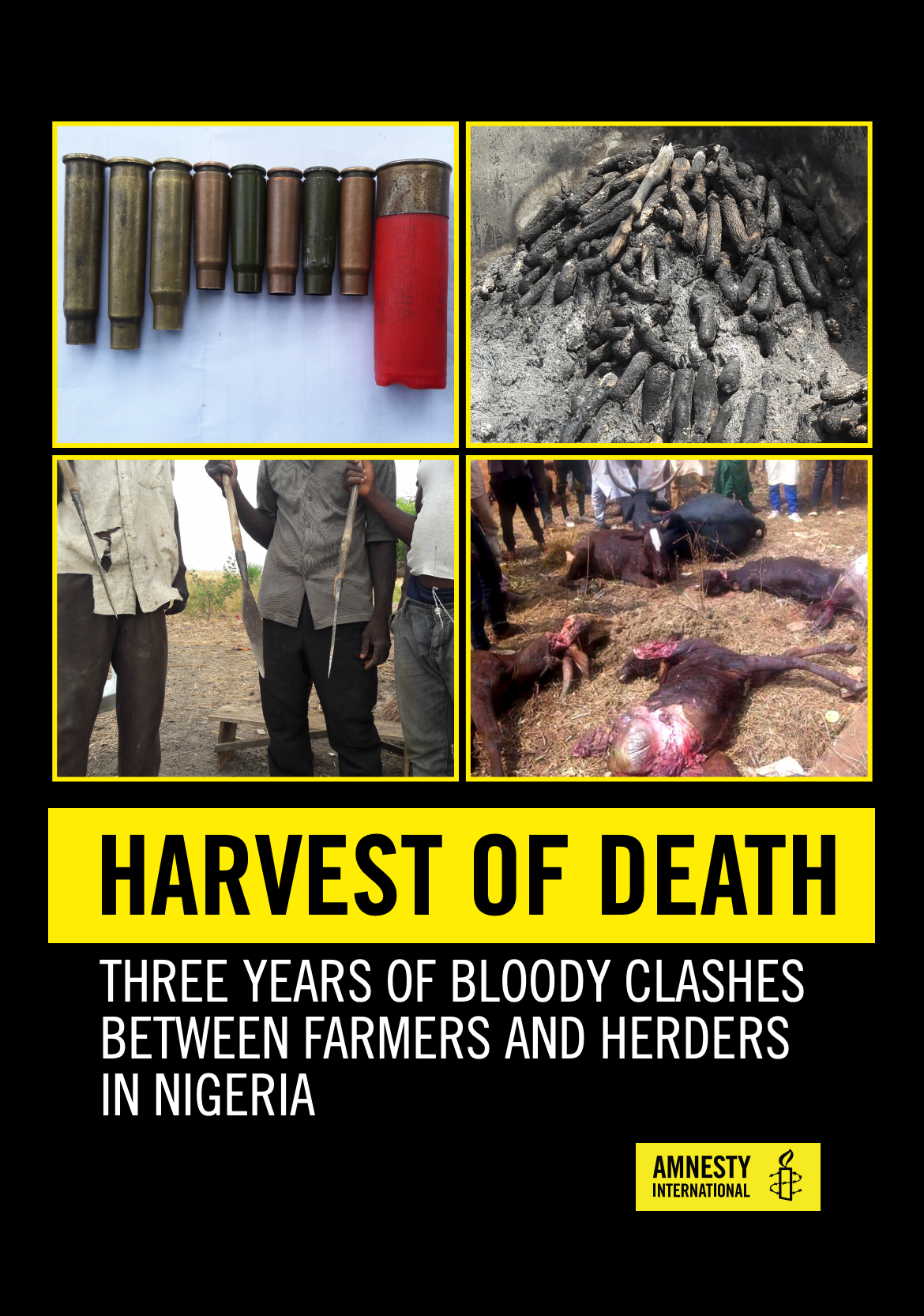Cuestión agraria en Colombia y el Norte de Santander
En la investigación longitudinal transversal “cuestión agraria”, desde la crisis europea a Colombia.¿Cómo se destruyó la sociedad primitiva y surgió el esclavismo, feudalismo, y capitalismo?,incidió en los modos y medios de producción. La cultura tairona y muisca interrumpidas y explotadas;el campesino perdió tierras 90% micros fundíos, tierras fértiles 10% de terratenientes. Lascapitulaciones, cédula real, cabildos, código de indias colonial, legalizaron la propiedad, y dieronorigen al latifundio con normas jurídicas.



